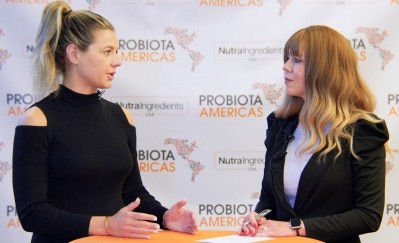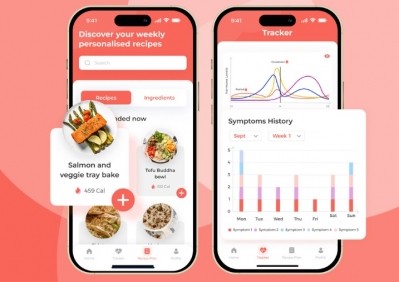Research opportunity: collaborate with femtech to address the gender health care gap

The term “FemTech”, coined by Ida Tin, founder of the cycles tracking app Clue in 2016, is used as a catch-all term to describe technology products and services which address women’s health issues.
Menstruation and menopause are two central pillars of femtech innovation, with companies like Clue and Flo some of the first in this space. But that's by no means where the health targets end, as tech has been built to help fill several gender health care gaps.
For example, women are 50% more likely to be misdiagnosed after a heart attack than men, and are more likely to die from them. Its for this reason that Bloomertech was created, generating precision biomarkers to help treat cardiovascular disease in women.
Similarly, the average time taken to diagnose female patients with cancer is 2.5 years longer than men and so GenoME Diagnostics, which focuses on early-stage ovarian cancer detection, is working to close this inequality.
But these companies can take their data one step further and help support science and solution development for all women, if they are open to collaborating with external researchers and organisations.
Speaking in a recent webinar hosted by the 4M (Menarche, Menstruation, Menopause and Mental Health) consortium, Amanda Shea, head of science at Clue, explained the many benefits of collaborating with companies like hers to improve healthcare for women.
“So far we have about 650 million cycles tracked which gives great opportunity to track symptoms that might not be possible with other datasets.
“It’s important that femtech companies collaborate with academics, researchers, clinicians, and life science companies to combine our resources and expertise to give us a better opportunity to better our understanding and healthcare for people with cycles.”
Discussing the advantages of data collected by companies like Clue, she points out this is always collected in real time with the ‘participants’ being highly motivated to log events/actions/symptoms in the moment. This makes for more insightful data than that collected via recall questionnaires and surveys which rely on participants’ memory to provide accurate information.
The method of tracking also allows for huge numbers of participants from a wide variety of demographics to track themselves, far exceeding that achieved in clinical studies.
“This means we tend to find patterns we might not find in clinical studies with smaller, more homogenous samples, and smaller time spans.”
She adds that they have the ability to add to quantitative data with qualitative data, through the use of in-app messages in which they can ask additional questions about certain events or symptoms logged.
This, Shea explains, gives a picture of the users’ “lived experiences” which is more valuable than the more detached data that is usually collected through clinical studies.
Noting some of the downsides to the data, she points out that it can be messy to wade through, thanks to the multiple events being tracked and the missing data due to the lack of professional supervision.
Shea pointed out that whilst this is easily said, it’s important for companies to make these collaborations accessible. She said Clue makes a point of collaborating with researchers and companies as part of the company's overarching ambition to improve health care for all women.
“There’s so much that we don’t understand about women’s health and without having this understanding there’s only so far health care and tech can go.
“It’s our responsibility, serving our users, that we do what we can to support a better understanding of women’s health.”
Previous collaborations
Discussing the different collaborations, Shea explained that MIT collaborated with them in order to better understand how air pollution might effect menstrual cycles.
“They looked at users from areas with different levels of pollution to see if they could pick out different in cycles related to pollution levels.
“They are also looking at things like wild fires and the impact of these on air quality, and the knock on impact on cycles.”
The results are yet to be published.
Clue has also helped in the recruitment of participants for women’s health focused research projects, with in-app messages alerting users to the opportunities for involvement.
Further, the app has been used by external researchers to collect additional data on users. One such published study looked into the impact of COVID-19 on menstrual cycles and symptoms.















